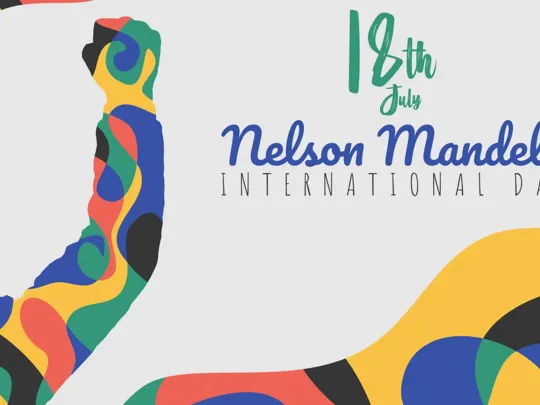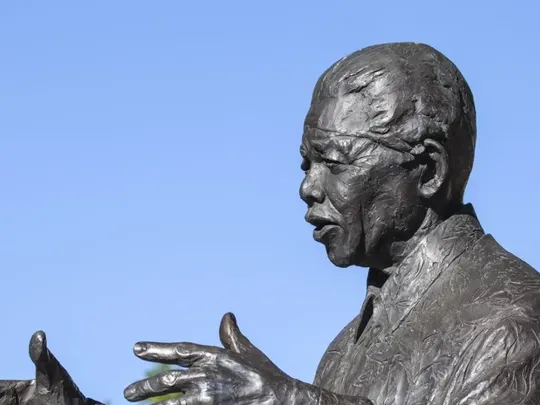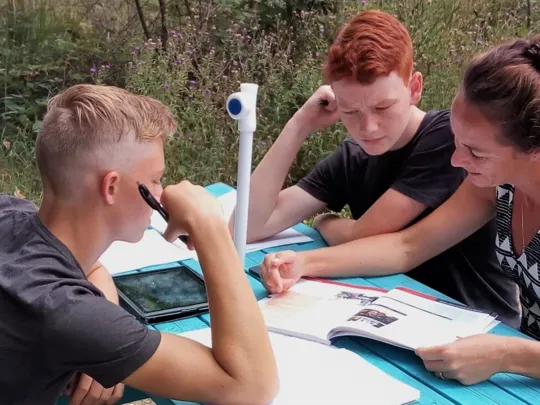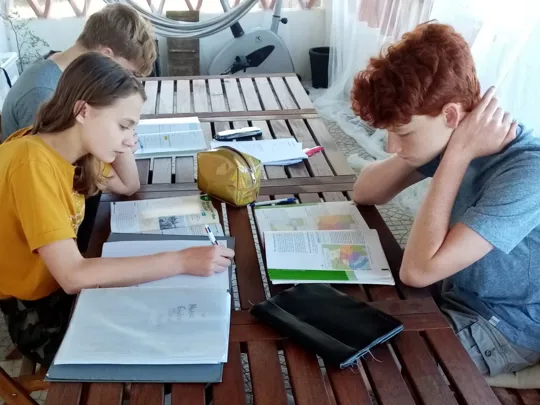by Dr Andrew Flory, educational consultant focusing on the IB Diploma Programme
The International Baccalaureate (IB) states its mission as being ‘more than its educational programs and certificates,’ going on to show that this is part of its desire to ‘create a better world through education’. Significantly, it locates the realisation of this aim in, among other things, ‘intercultural understanding’.
In this article, I want to look at the way intercultural understanding, and specifically its promotion through an acknowledgement of the importance of multilingualism, is at the heart of what makes the IB both a unique and rich, student-centred educational programme.
Recognition of multilingualism is central to the IB’s way of thinking. While this is not directly mentioned in the organisation’s mission statement, it is implied in the attention to intercultural understanding.
Elsewhere however, this connection is made explicit. In the IB learner profile, which is ‘the IB mission statement translated into a set of learning outcomes for the 21st century’, the section ‘Communicators’ notes that IB learners ‘express [themselves] confidently and creatively in more than one language.’ In the implementation of Approaches to Teaching and Learning, multilingualism is one of the three aspects – along with ‘intercultural understanding’ and ‘global engagement’ – that underpin the IB’s belief in the importance of ‘international mindedness’.
The Bilingual Diploma
The theoretical position set out in these documents manifests itself practically in the IB Diploma Programme in a number of key ways. The first, perhaps, is through the Bilingual Diploma. This is awarded to students who:
- ‘complete and receive a grade 3 or higher in two languages selected from the DP course studies in Language and Literature’, or
- ‘gain a grade 3 or higher in studies in Language and Literature and a grade 3 or higher in an Individuals and Societies or Science subject, completed in a different language’
Since 2014, a steady rate of around 22% of students have been awarded this form of the Diploma. A lengthy study of the Bilingual Diploma was commissioned by the IB in 2014, exploring its take-up, the added value it is perceived to offer for students, and how it can be developed and expanded.
Languages and Literature
The IB is also unique in offering for no extra charge the opportunity for all students to undertake the study of the literature of their language, be it Dzongkha from Bhutan or Papiamento from Aruba, on exactly the same terms as the examinations for languages that are automatically available each session.
This means taking on the responsibility of finding a paper setter and an examiner even when only one student worldwide may require the examination. Even in circumstances where no teacher can be sourced, students can still take advantage of this offer (though only at Standard Level) through the School-Supported Self-Taught programme the IB provides.
Languages and examinations
Finally, as well as supporting access to the IB Diploma for students undertaking the Programme in languages that are not their mother tongue, the IB offers all its examinations in English, French and Spanish.
There are also increasing amounts of assessment material available in German and Japanese, as well as assessment support material available in Arabic and Chinese.
Facilitating the Bilingual Diploma
Schools may face significant challenges in promoting bilingual course options. Their subject offering in Studies in Language and Literature may be limited, or their teachers may not all be experienced in delivering courses in a different language.
Online solutions exist to support school leaders and teachers alike. Pamoja has been working in close collaboration with the IB for the past 10 years, enabling schools to broaden their Diploma Programme subject offering with courses fully taught online in English.
There are still many ways in which teaching can leverage the opportunities inherent in online courses. Particularly valuable here might be the way Pamoja’s online approach provides an ideal environment to support students for whom language development is a crucial part of their IB studies. Students who are English Language Learners (ELL) benefit enormously from the fact that Pamoja’s course materials can be accessed ahead of the lessons and are also available for reference throughout the duration of the course.
In this way, studying with Pamoja can support young people in developing their multilingual experience, positioning it clearly in support of the IB Learner Profile and demonstrating its commitment to Approaches to Teaching and Learning strategies and skills.
Did you know?
We’re pleased to support schools to deliver IB Bilingual Diploma Programmes. This September we will be launching brand-new IB DP courses, including English A Language and Literature (both SL and HL). We also offer a range of Individuals and Societies subjects including Business Management, Digital Society and Psychology.





































































































